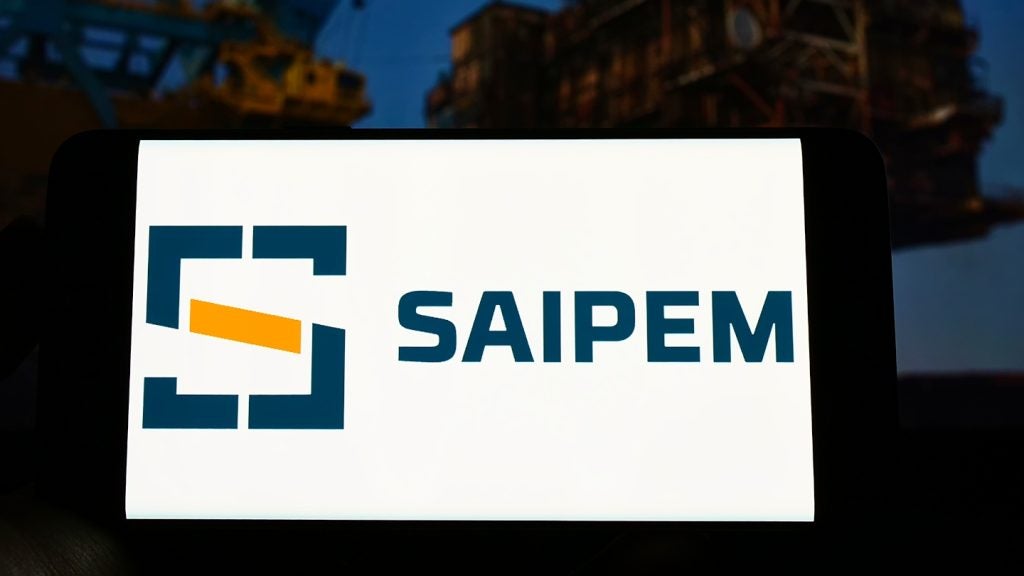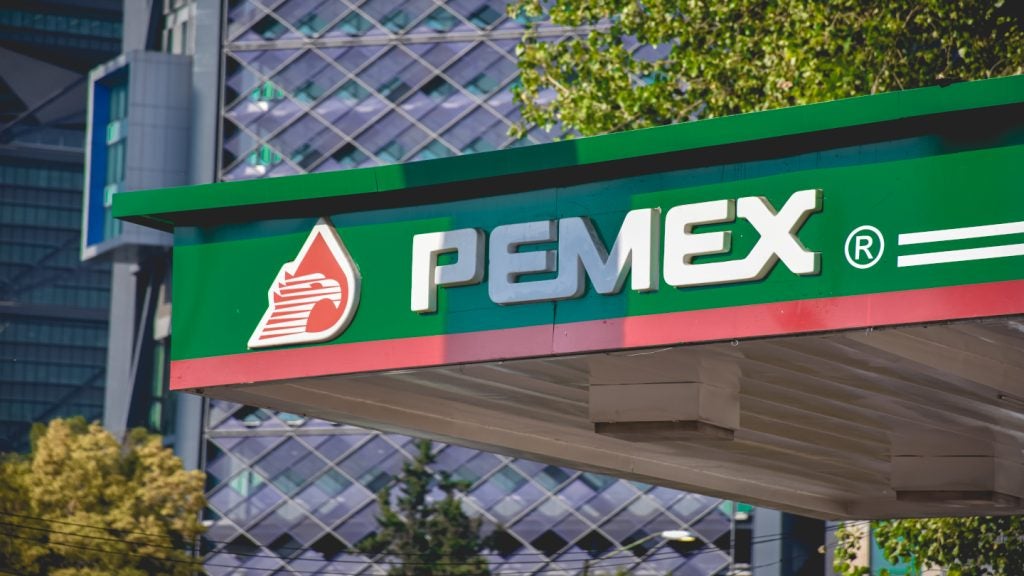Oil prices have increased ahead of inventory data being released by the US Department of Energy (DoE), despite weak economic indicators in Asian countries such as China and Japan.
Brent crude futures edged up 21 cents to $47.79 per barrel, while the US crude futures increased 35 cents at $44.50 a barrel, Reuters reported.
This week witnessed a fall in crude oil prices by more than 3% due to concerns about global demand and oversupply.
A survey by the news agency anticipates DoE’s data to show an increase in prices.
In July, core machinery orders in Japan fell 3.6%, which is worse than the increase of 3.7% forecast by economists.
Producer price index in China dropped 5.9% in August and car sales also fell 3% last month from a year ago to 1.7 million vehicles.
How well do you really know your competitors?
Access the most comprehensive Company Profiles on the market, powered by GlobalData. Save hours of research. Gain competitive edge.

Thank you!
Your download email will arrive shortly
Not ready to buy yet? Download a free sample
We are confident about the unique quality of our Company Profiles. However, we want you to make the most beneficial decision for your business, so we offer a free sample that you can download by submitting the below form
By GlobalDataAccording to ANZ bank, global growth for 2016 and 2017 would hold around 3.5%, down from the previous forecast of 4%.
Oil prices have declined more than 50% since June 2014 and the fall was compounded after the Organization of the Petroleum Exporting Countries (OPEC), led by Saudi Arabia, decided to increase output in November 2014, despite oversupply.







